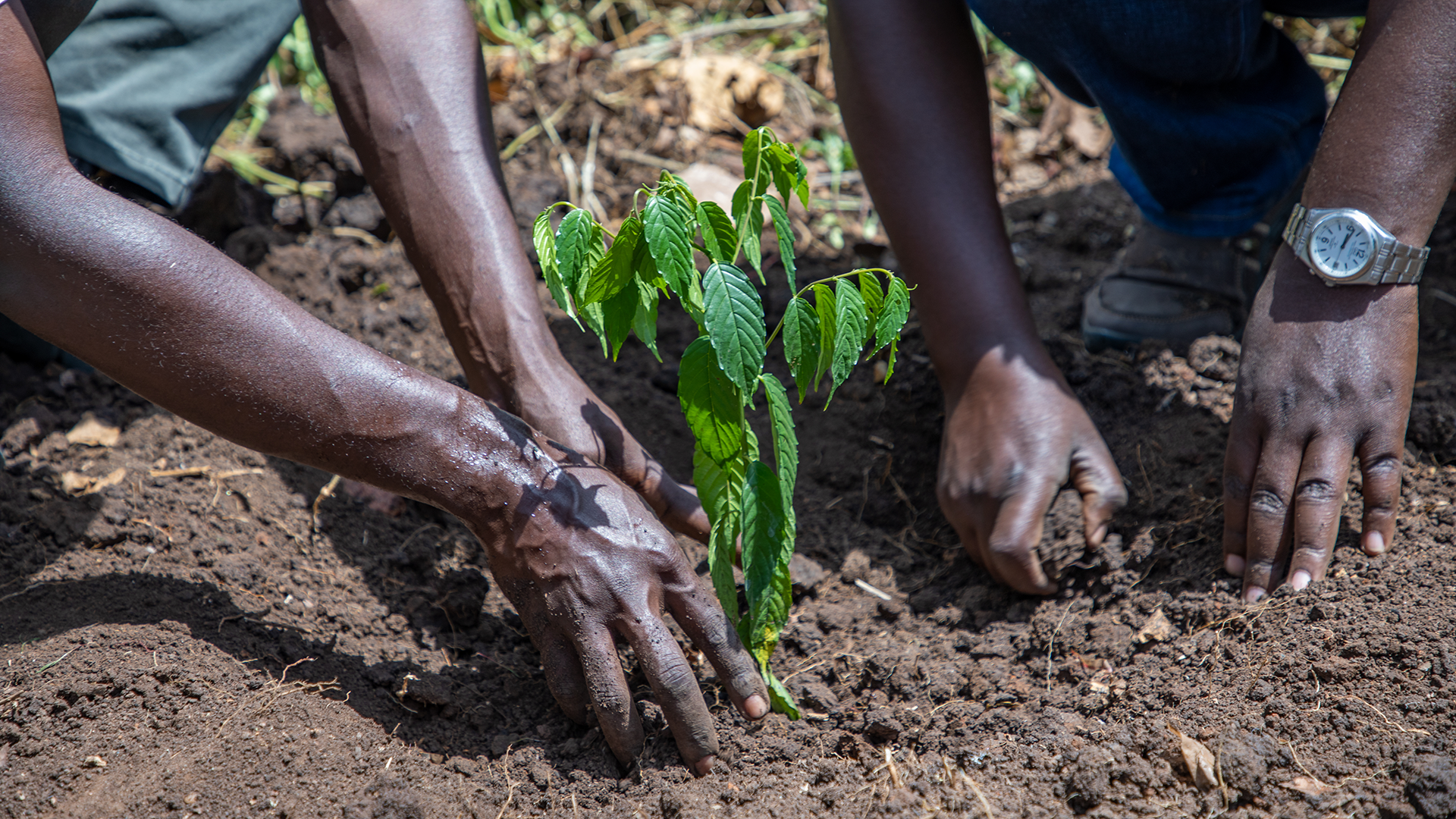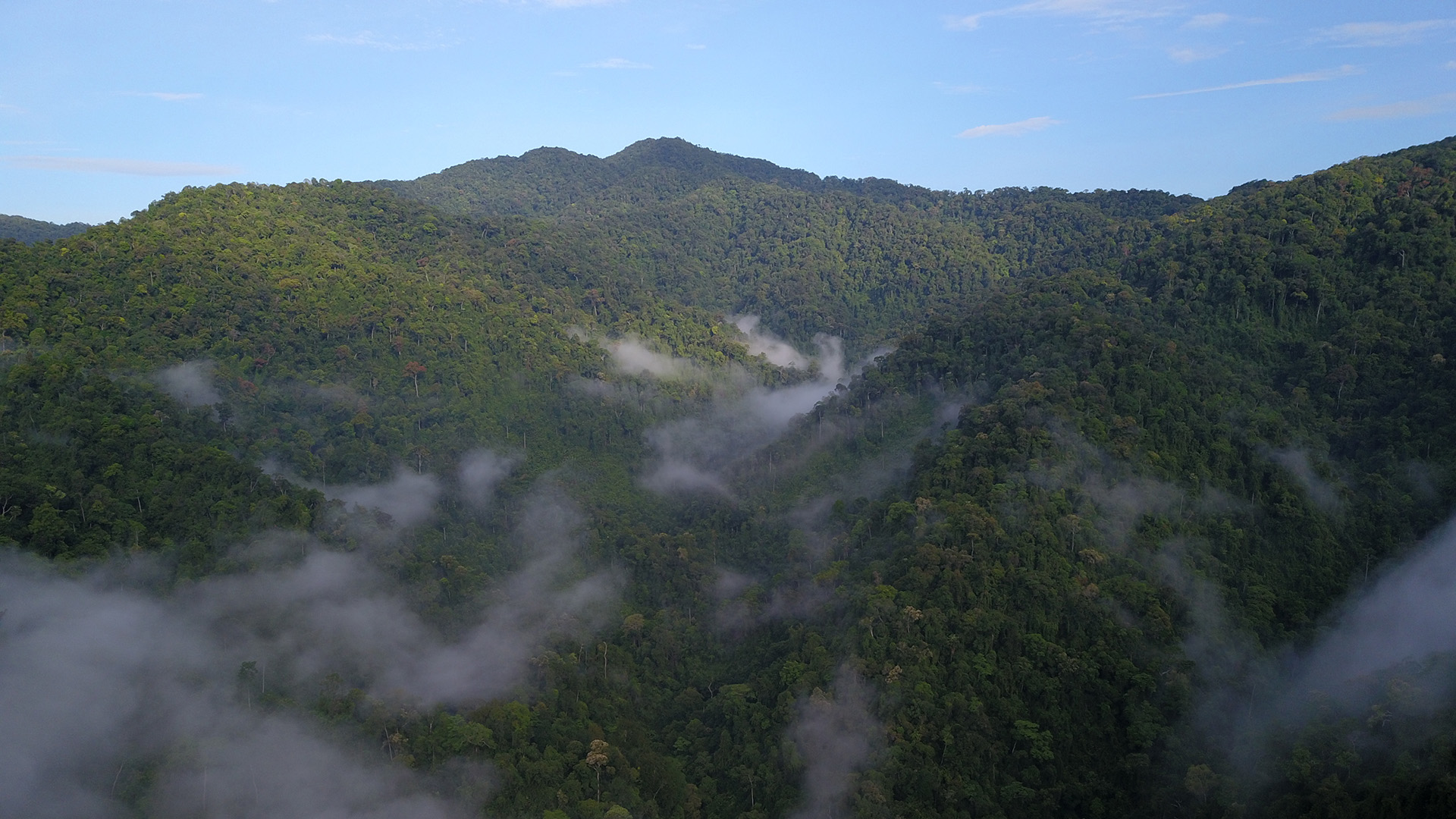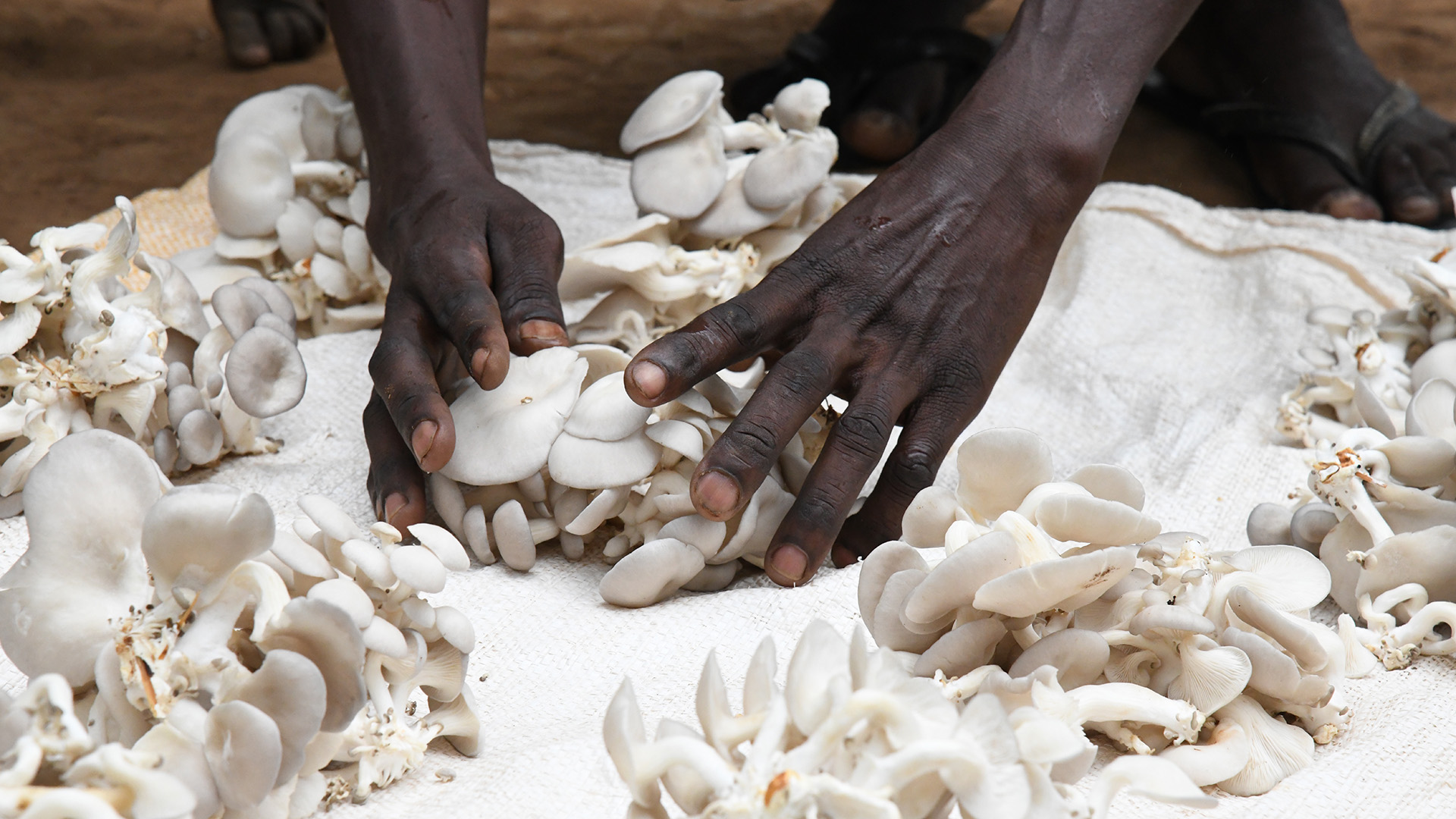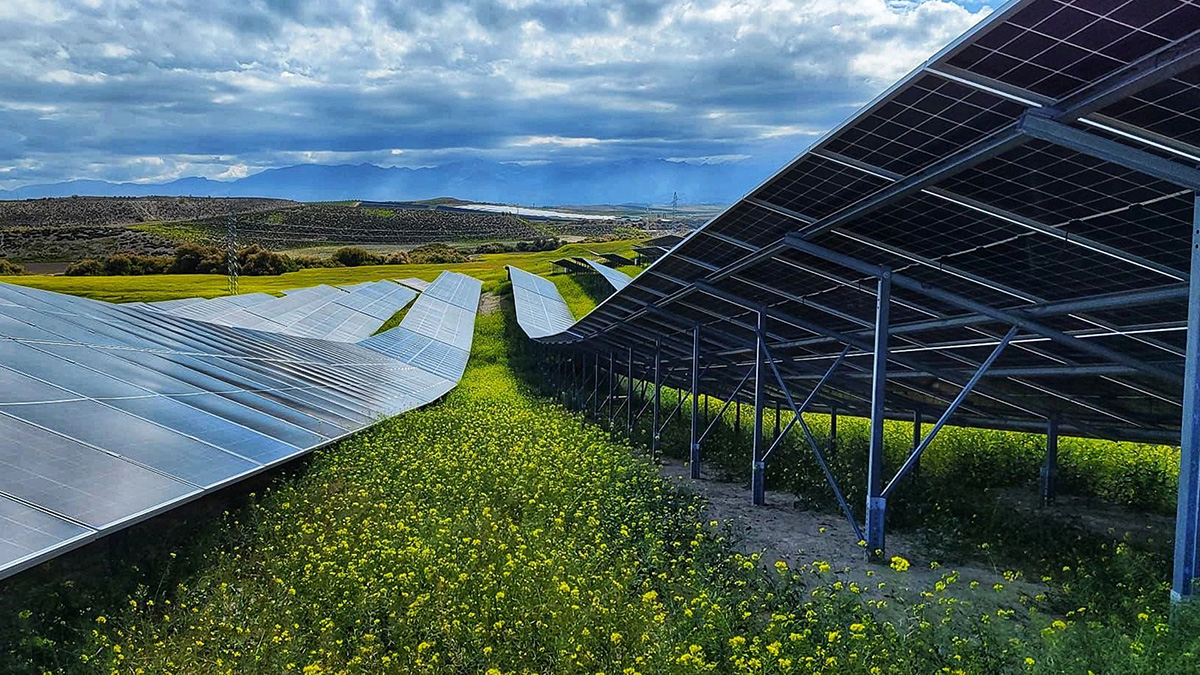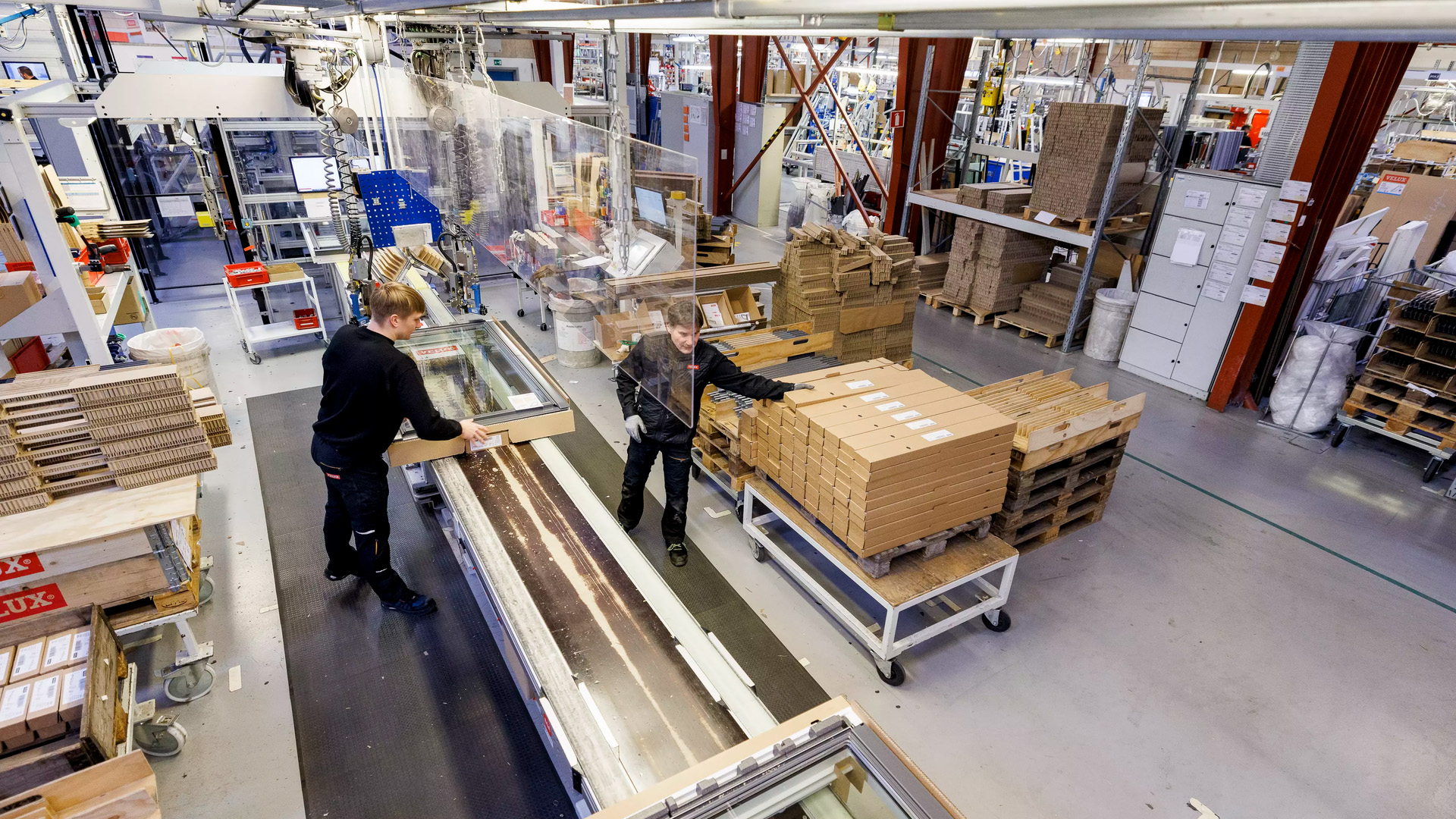Tackling operational waste and reducing transportation emissions are two critical challenges that must be addressed in the global push towards decarbonisation. Altaterra, part of the VELUX Group, is aligning with these objectives by adopting innovative waste management solutions that reduce both physical waste and carbon emissions. These efforts highlight how practical, incremental changes can deliver significant environmental impacts when scaled across an organisation.
In 2023, Altaterra introduced a double-chamber waste baler into its operations—a machine designed to compress plastic foil and cardboard waste. The baler works by removing excess air and tightly compacting waste materials, significantly reducing the volume of waste that needs to be transported. This operation is more than just a shift towards improving operational efficiency; it directly addresses the environmental cost of waste transportation, contributing to the reduction of scope 3 emissions—those indirect emissions that occur outside an organisation’s direct control but are critical to a holistic sustainability strategy.
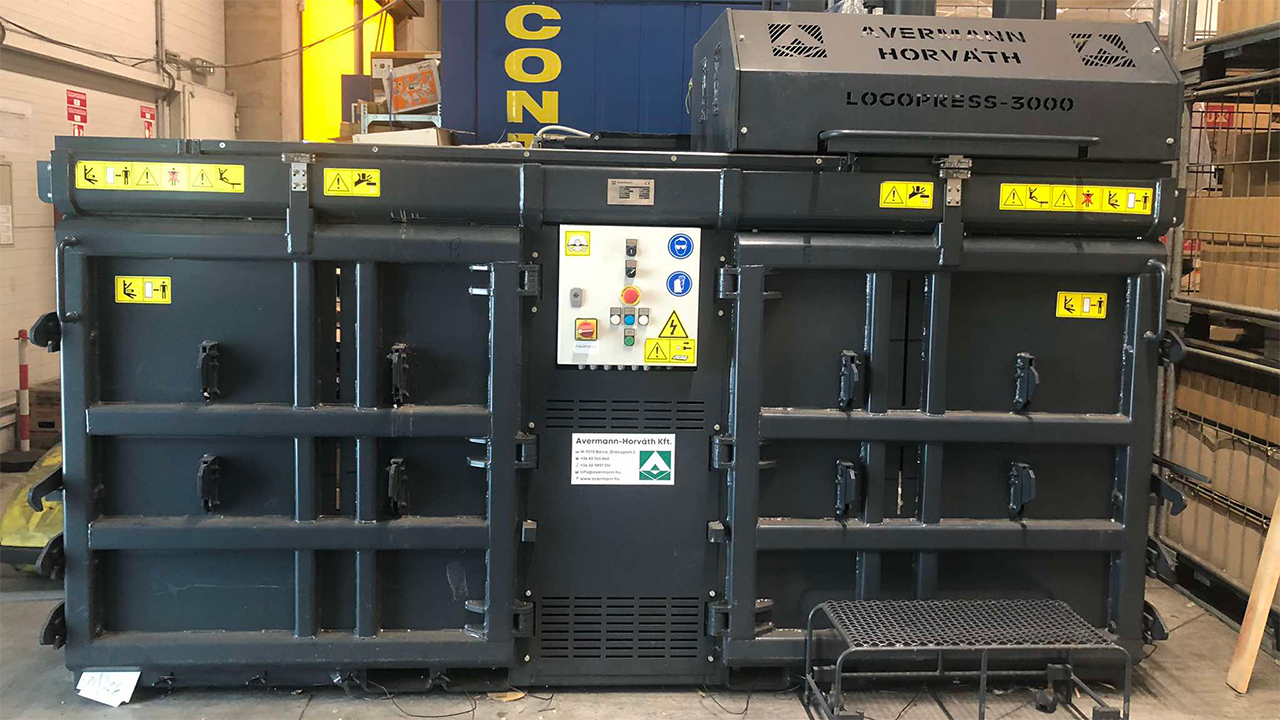
Compressing waste for a smaller footprint
By compressing plastic foil and cardboard into compact bales, one baled cube now holds the equivalent of five containers of loose waste. These dense bales are then stacked on pallets for easier storage and transportation, making the entire waste handling process more efficient.
Before the baler was introduced, Altaterra transported its recyclable waste—plastic foil and cardboard—in multiple containers, averaging seven trips per month to a recycling facility. Now, with the baler in operation, Altaterra expects to reduce its waste transportation by 75-85% compared to what was originally required to transport the loose materials. This significant reduction in trips highlights the efficiency gained through compacting waste.
The next step is to collect data after the first full year to see the total impact of these changes. By tracking and analysing the results, it will be possible to confirm just how much waste transportation and emissions have been reduced.
The ripple effect of emission reduction
Reducing the frequency of waste transportation isn’t just about fewer trucks and lower fuel consumption; it’s part of a much larger sustainability strategy. The indirect emissions tied to transportation and logistics are often overlooked but addressing them is key to achieving meaningful reductions in carbon footprints. At Altaterra, the simple act of compressing operational waste shows how smaller, targeted actions can drive broader decarbonisation efforts.
These steps contribute directly to the VELUX Group’s wider sustainability goals, particularly the aim to cut scope 3 emissions by 50% by 2030. With Altaterra's waste management improvements, the company is playing a crucial role in this overarching strategy.
About Altaterra
Altaterra is part of the VELUX Group yet operates as an autonomous entity. The two companies have complementary identities and goals that meet the needs of different market segments. Altaterra’s sustainability results are considered and incorporated into the VELUX Group’s sustainability data and reporting, including the Group’s commitments to reduce emissions, validated by the Science Based Targets initiative.

